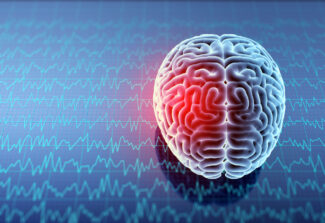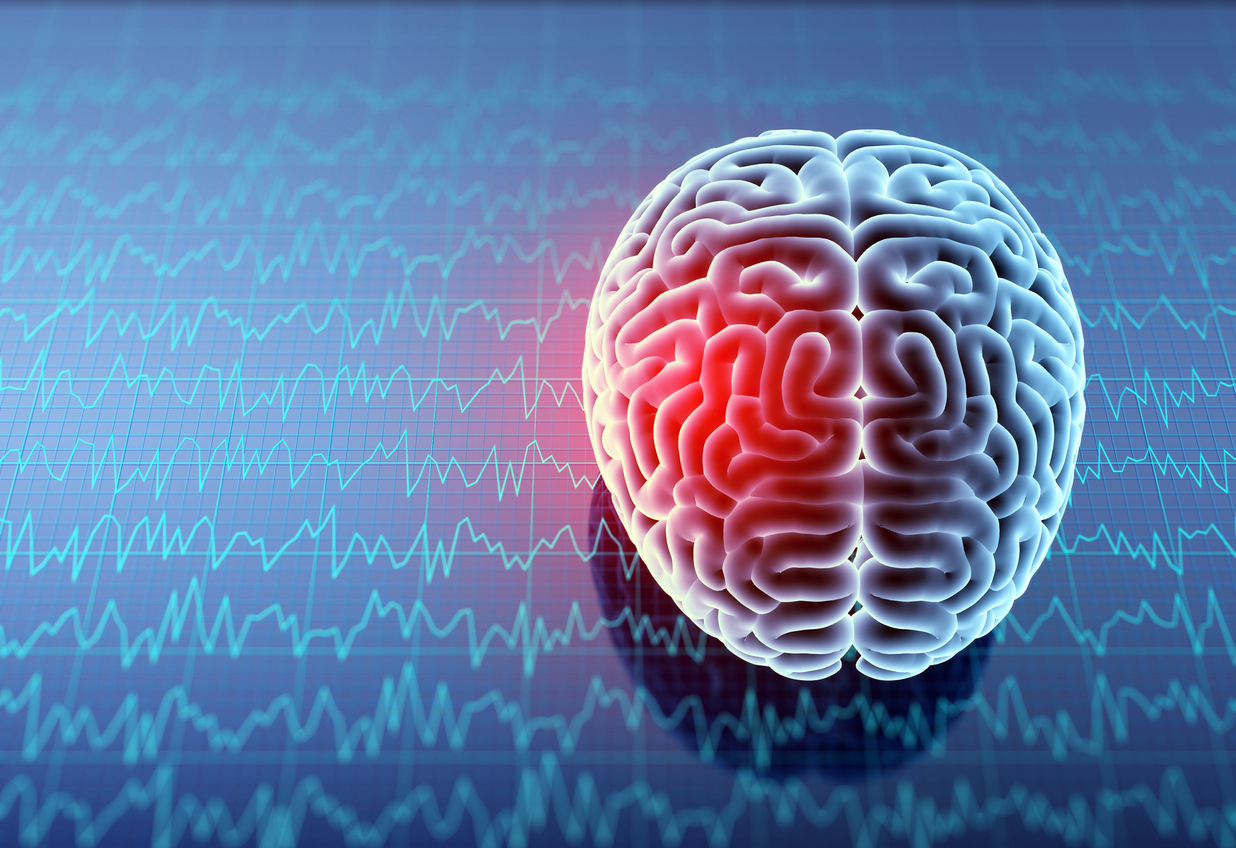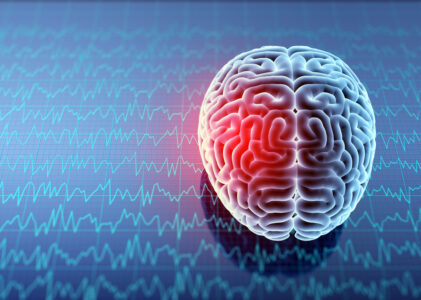
A brain injury can be unpredictable in the way it affects a person. Many people who suffer from a brain injury lead completely normal lives, often without others even detecting they have had a traumatic brain injury. But brain injuries can greatly affect the way we act, feel, and the way we think. According to the CDC, approximately 176 Americans died from traumatic brain injuries in 2020. Furthermore, in 2019, 15% of U.S. high schoolers reported at least one concussion related to sports or recreational activity.
Brain Injuries
A brain injury that is not congenital, hereditary, degenerative, or caused at birth is called an acquired brain injury (ABI). This kind of brain injury occurs after birth and results in changes in the neuronal activity of the brain.
The two categories of acquired brain injury are: traumatic and non-traumatic.
A traumatic brain injury (TBI) is caused by an external force that changes the brain’s function or brain pathology. Traumatic impact injuries are either non-penetrating (closed) or penetrating (open).
A non-traumatic brain injury, or an ABI, causes damage from internal factors like being exposed to toxins, lack of oxygen, or from a tumor.
Examples of traumatic brain injury causes are:
- Child Abuse
- Domestic Violence
- Head Trauma (Shaken Baby Syndrome)
- Assault
- Fall
- Car Accidents
- Gunshot Wound
- Blast Injury (Military Action)
- Workplace Injury
- Recreation/Sports Injury
Examples of causes of non-traumatic brain injury:
- Seizures
- Tumors
- Infectious Diseases
- Stroke
- Drug Overdose
- Aneurysm
- Lack of Oxygen
- Meningitis
How Our Brain Functions
The human brain is amazing and is made up of many complex parts, each carrying out an important function. The brain manages how we eat, talk, walk, etc. It controls our breathing, heart rate, our blood circulation, how we process information, decision-making, behavior, and emotions. The brain is very delicate and is completely affected by its environment.
Our brain is divided into lobes (sections). Each lobe is responsible for different functions.
Frontal Lobe:
- Concentration/attention
- Organization
- Motor Planning
- Personality
- Awareness of our Abilities
- Awareness of our Limitations
- Speaking
- Emotions
- Judgment
- Problem-Solving
When the frontal lobe suffers an injury, the person’s ability to control their behavior, emotions, impulses, or even speaking can be affected.
Temporal Lobe:
- Hearing
- Sequencing
- Memory
- Understanding Language
- Organization
When we suffer an injury to the temporal lobe, we may have difficulty with communicating or memory.
Brain Stem:
- Heart Rate
- Consciousness
- Arousal
- Breathing
- Sleep/Wake Cycles
If the brain stem is injured, this affects the body’s ability to survive.
Parietal Lobe:
- Visual Perception
- Depth Perception
- Identifying Shapes, Colors, and Size
- Sense of Touch
People who suffer injury to their parietal lobe may have difficulty with their primary senses.
Cerebellum:
- Visual Perception
- Skilled Motor Activity
- Coordination and Balance
Injury to the cerebellum can affect coordination, movement, and balance.
Occipital Lobe:
- Vision
Injury to the occipital lobe can lead to difficulty being able to see or perceive the shapes and sizes of objects.
The Left and Right Side of the Brain
In addition to the brain being categorized by lobes (functional sections), it is also categorized by the right side and left side. The right side of the brain controls the left side of the body, and the right side of the body is controlled by the left side of the brain. When a person suffers a brain injury, the side of the brain it occurs on also can have a great effect on the brain’s dysfunction.
The left and right sides of the brain are responsible for different functions.
Left Side Traits:
- Logic
- Precision
- Organization
- Analytical
- Literal
- Detachment
An injury to the left side of the brain can result in:
- Difficulty speaking
- Depression, anxiety
- Trouble understanding language
- Trouble speaking or expressive language
- Sequencing trouble
- Impaired logic
- Impairment over body movements on the right side of the body
Right Side Traits:
- Imagination
- Creativity
- Empathy
- Intuition
- Conceptual
- Figurative
An injury to the right side of the brain can result in:
- Deficit in visual memory
- Neglect of the left side of the body
- Altered creativity
- Inability to think of “the big picture”
- Visual-spatial issues
It is important to understand your brain injury and how it can affect you. No two brain injuries are the same, and the degree of severity can greatly affect your treatment and rehabilitative options. Recovering from a brain injury can be a long and daunting journey for both the individual and their loved ones. It is important to work closely with your healthcare provider so you can receive the best possible care and treatment for your brain injury.
Greater Waterbury Imaging Center (GWIC) is dedicated to providing you with the highest level of care. Our team of highly skilled technologists specializes in MRI services and strives to make your experience as comfortable and easy as possible. Contact us today to learn more about the MRI services we offer.


